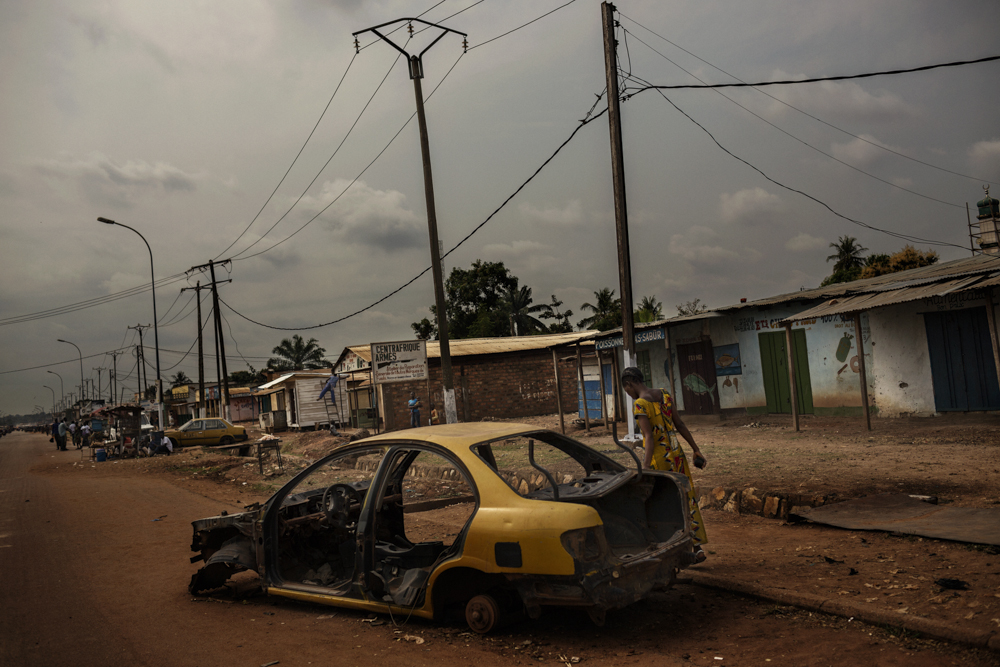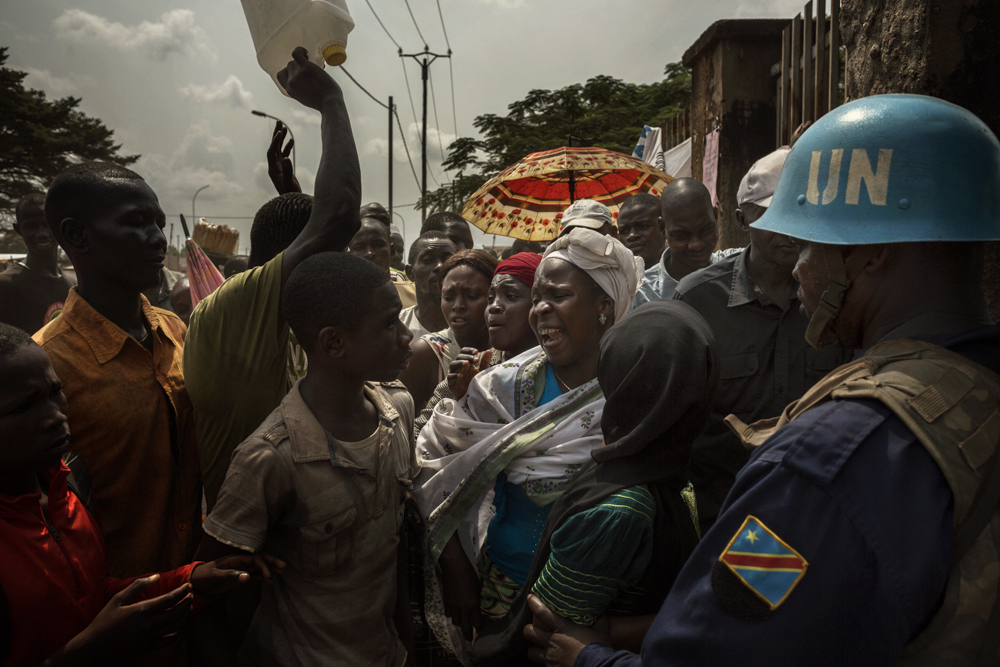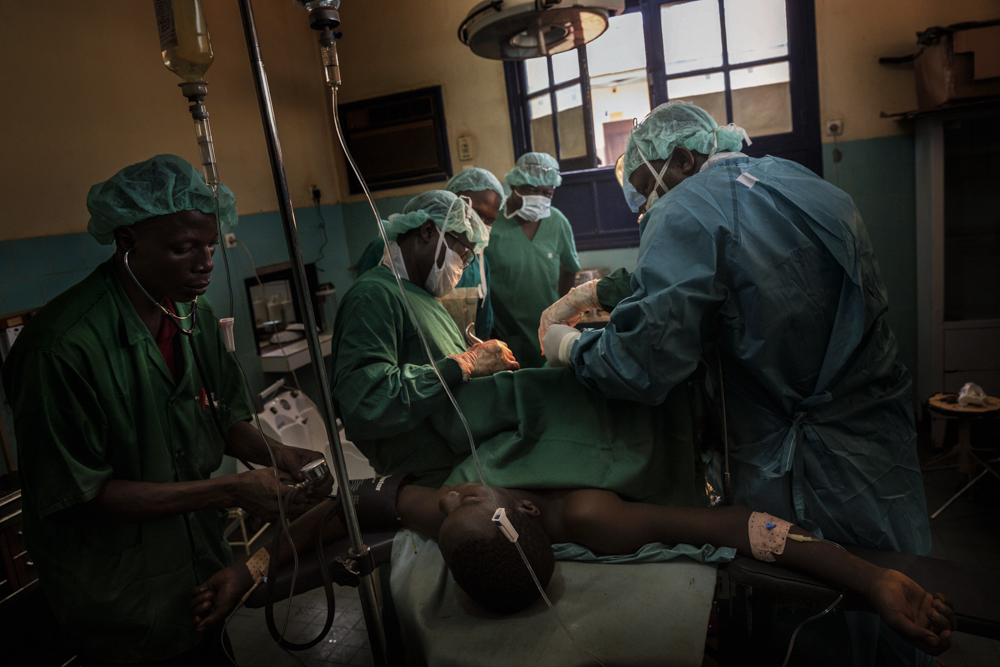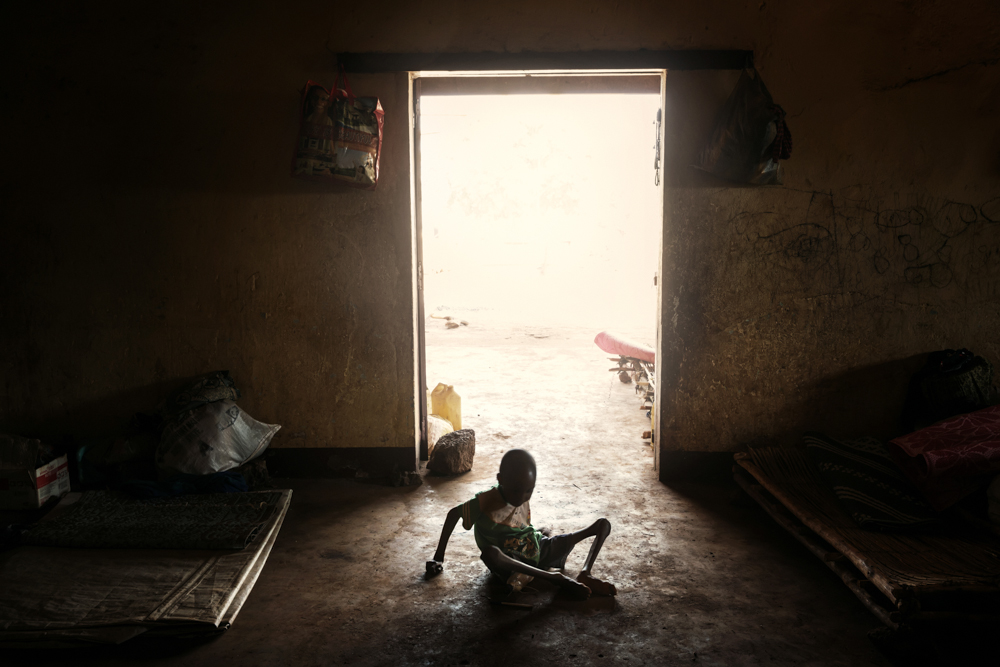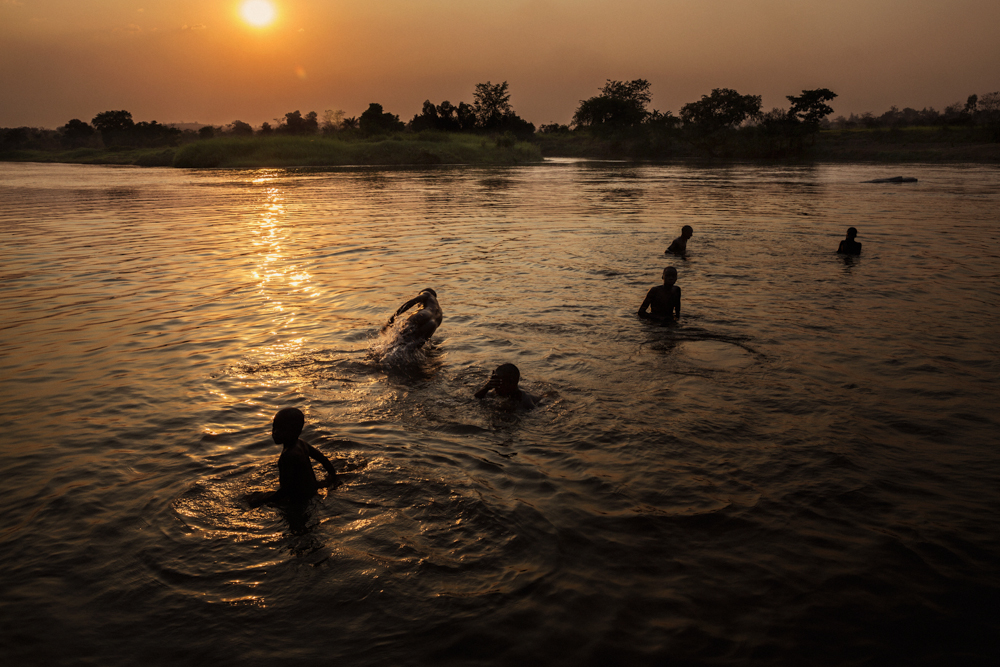Consequence: Central African Republic, two years on from the outbreak of the crisis
-
PhotographerMarco Gualazzini, Italy
-
StudioMarco Gualazzini
-
Website
It was in 2012 that the largely Muslim Seleka militia perpetrated
an uprising in the Central African Republic, overthrowing the
then President François Bozize and giving rise to a wave of
crimes and persecution against the Christian community. Within
the non-Islamic communities, this in turn led to the formation
of Anti-Balaka armed militia groups who took revenge by
massacring Islamic civilians. Although it seems that the media
have forgotten it, the conflict continues to rage in Central Africa
to this day, and despite the presence there of three international
missions - Eufor-Rca, Sangaris and Minusca – religious hatred
continues to cause bloodshed in the country. The Anti-Balaka
militia groups control the West, including the capital, Bangui,
where the Muslim community is confined to ghettoes, while the
East is in the hands of members of the groups involved in the
former Seleka rebellion, so the nation is divided into two. The
government has proved incapable of overcoming the crisis, and
the population is at the mercy of the armed factions. It is they
who call the shots in Central African; they have brought the
country to its knees and today continue to exacerbate the
conflict, in an attempt to secure control over the resources in
the subsoil of this tormented African nation.
Born in Parma in 1976, Marco Gualazzini began his career as a photographer in 2004, with his home town�s local daily, La Gazzetta di Parma.
Ã?Â
Over the years he has begun working along with RCS Group and Espresso Group, to name but two.
His recent works include reportage photography on microfinance in India, on the media in� Laos, on the discrimination of Christians in Pakistan, as well as on Myanmar and Somalia.
He devised and took part in the creation of a documentary for the Italian national TV network RAI on the caste system in India.Ã?Â
His photographs have been published in magazines such as M (Le Monde), Internazionale and Io Donna and Sette among the others.
Marco Gualazzini is represented by LUZphoto agency
